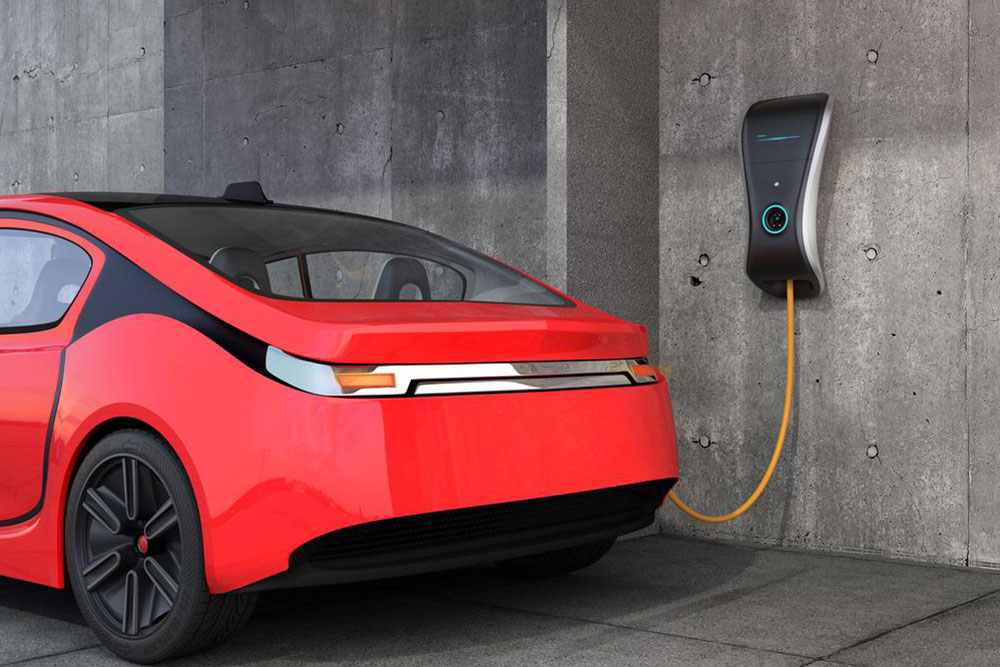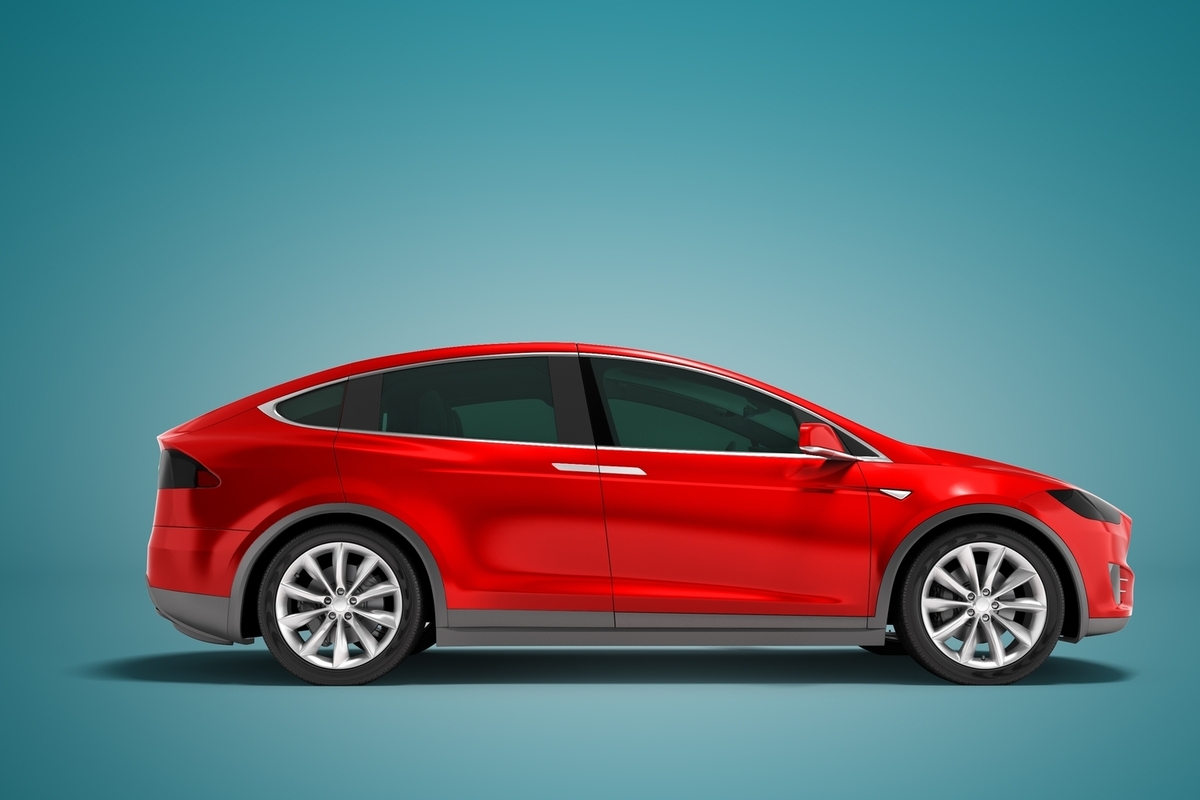Challenges Faced by Electric Vehicle Adoption
This article explores the key challenges hindering the widespread adoption of electric vehicles. It discusses public skepticism, range anxiety, charging infrastructure issues, and high costs. Understanding these obstacles can help consumers and industry stakeholders address concerns, accelerating EV acceptance. The content emphasizes the importance of ongoing technological improvements and informed decision-making for a smoother transition to electric mobility.

Challenges Faced by Electric Vehicle Adoption
Despite growing interest, electric cars have yet to achieve widespread popularity. Public skepticism remains a significant hurdle. Common concerns include:
Worries and doubts about electric vehicle technology
Perception that electric cars become outdated quickly due to rapid technological advances
Limited driving range issues
Challenges with reliable charging infrastructure
Availability of practical alternatives to electric cars
These reservations contribute to the slow acceptance of electric vehicles, as many consumers hesitate to invest in a developing technology.
Many people view electric vehicles as an emerging technology that still requires validation. Concerns about battery life, vehicle dependability, and understanding their operation persist among consumers.
Range limitations highlight a key aspect of the vehicle purchasing process that many users find confusing. Customers often prioritize high-end SUVs or large trucks for their versatility, which can be costly. Tesla partly bears responsibility, as they promised high-performance, plug-in vehicles. Until models like the Model III become mainstream, many eager buyers will wait to purchase electric cars.
Purchasing an electric vehicle requires careful financial planning, as prices tend to be high. It’s important to research available models and consider test drives. The paperwork involved can be lengthy, and the entire process takes time.
Disclaimer:The information shared on our site covers various topics, aiming to educate and inform readers. While our research offers valuable insights, please consider that the data may not be conclusive or entirely accurate everywhere. Additionally, we might not feature all available programs or offers that could benefit potential buyers.









